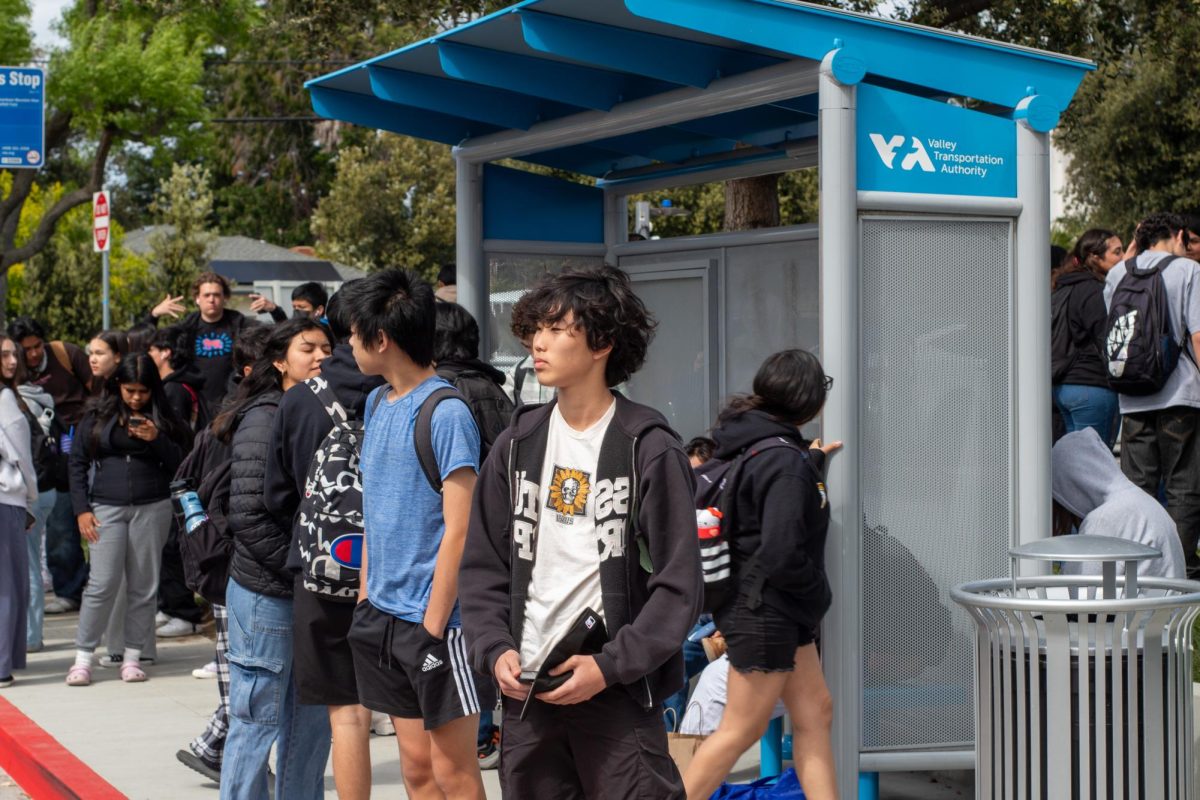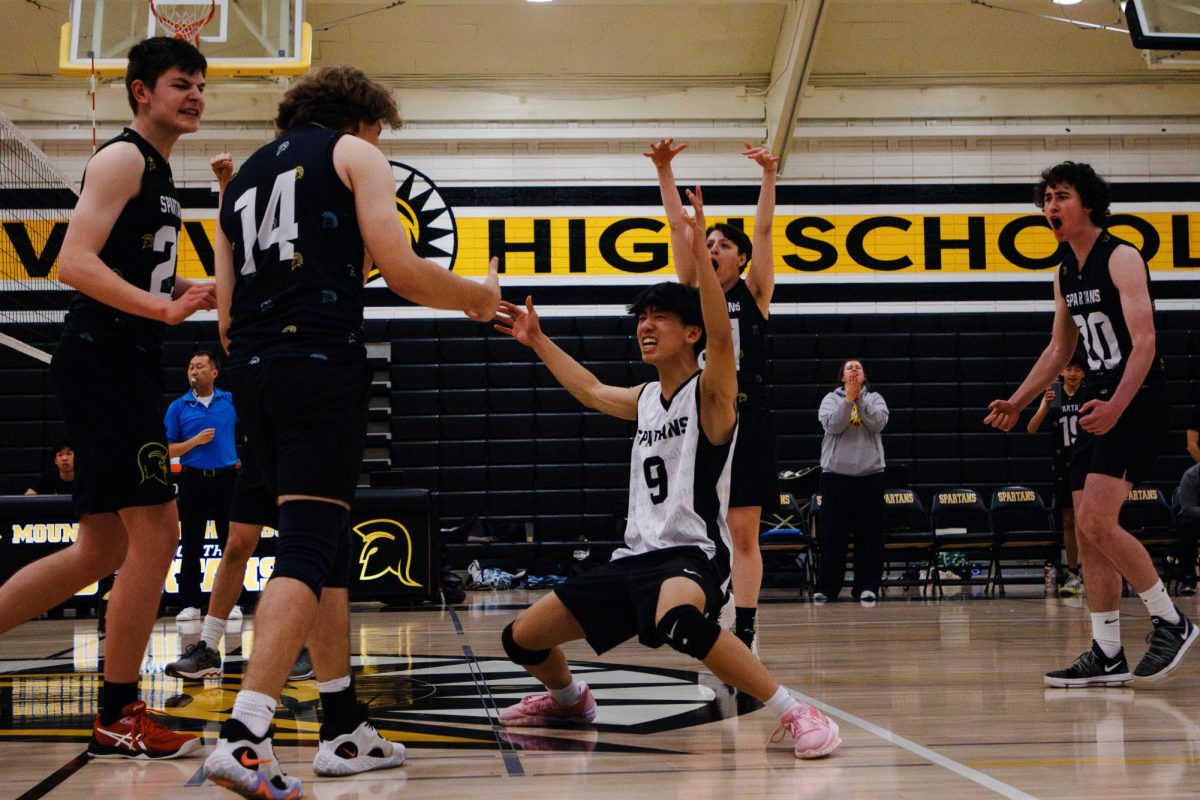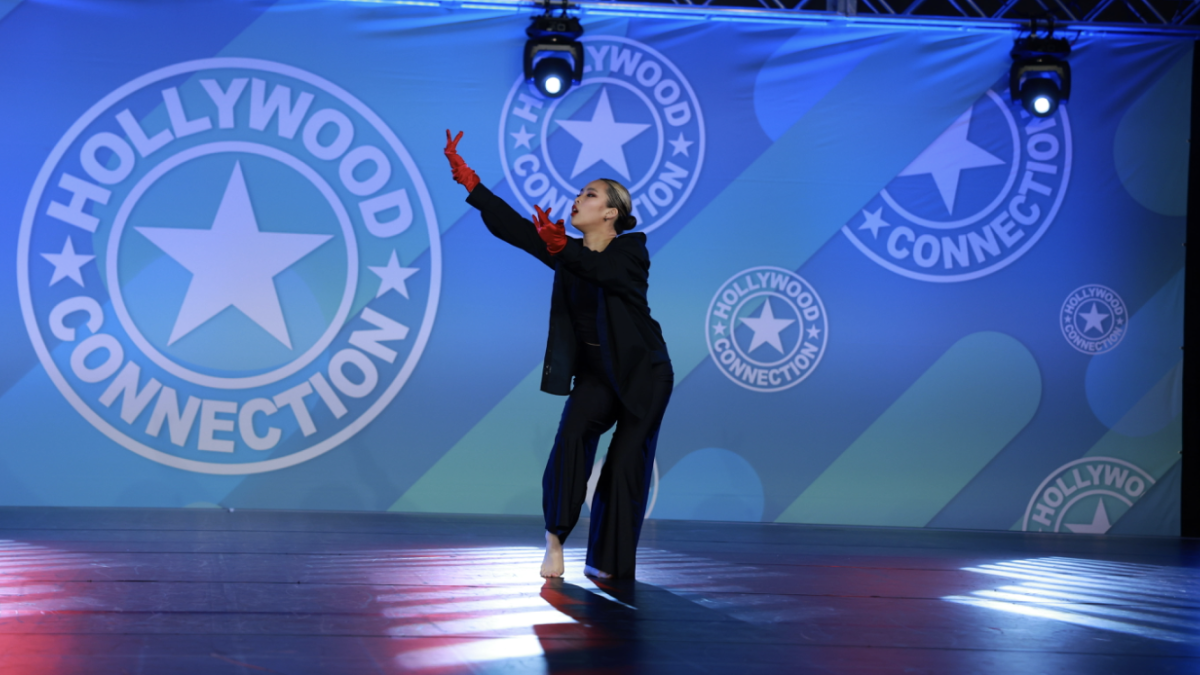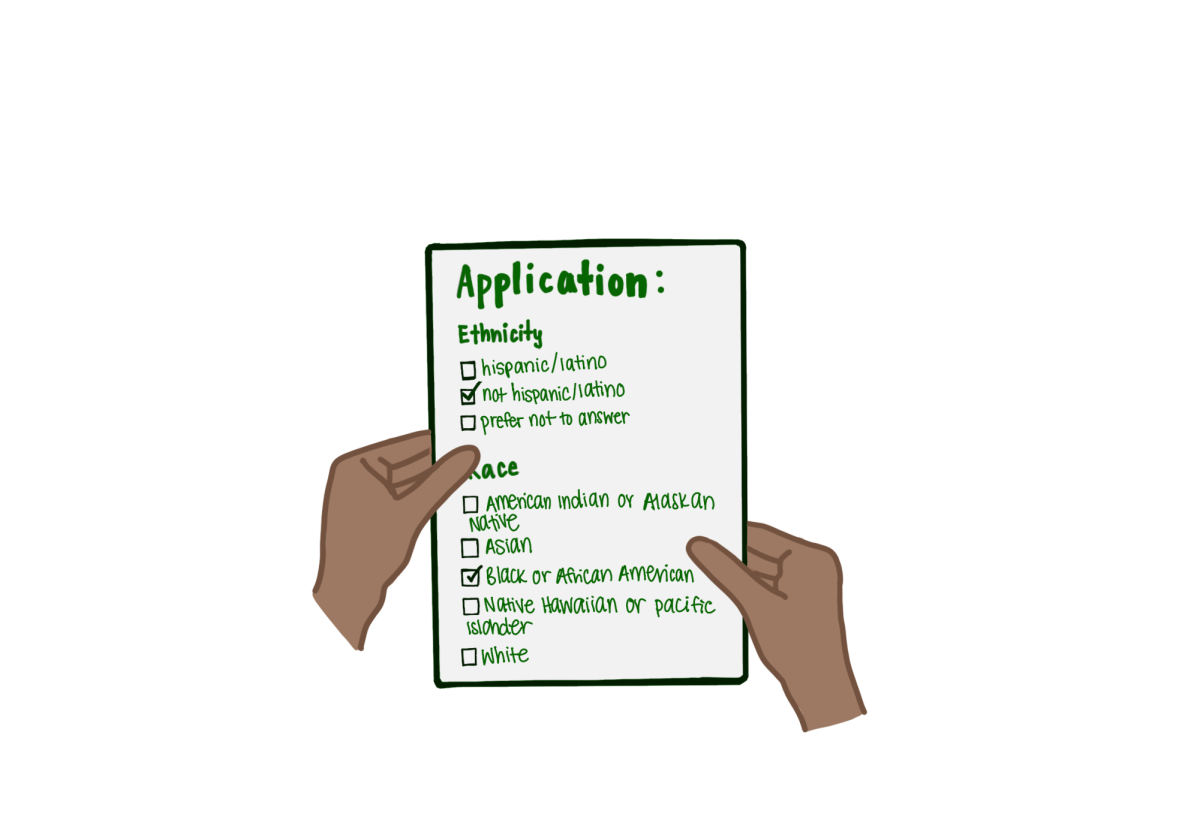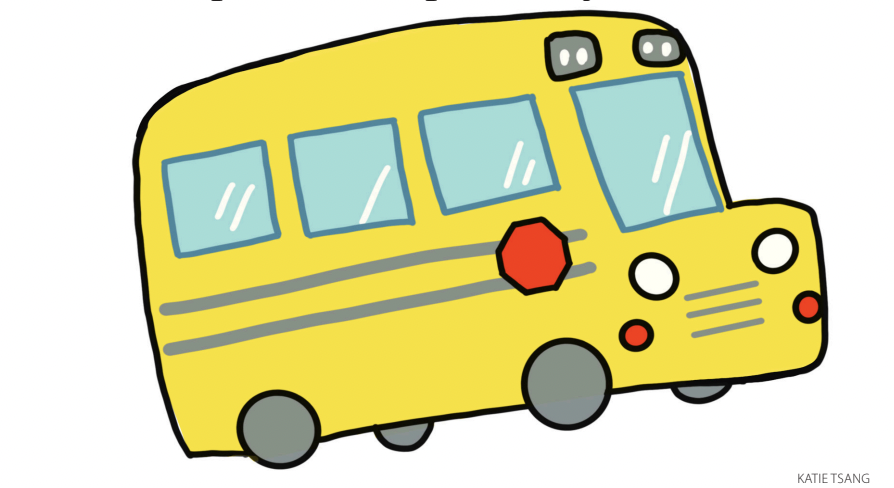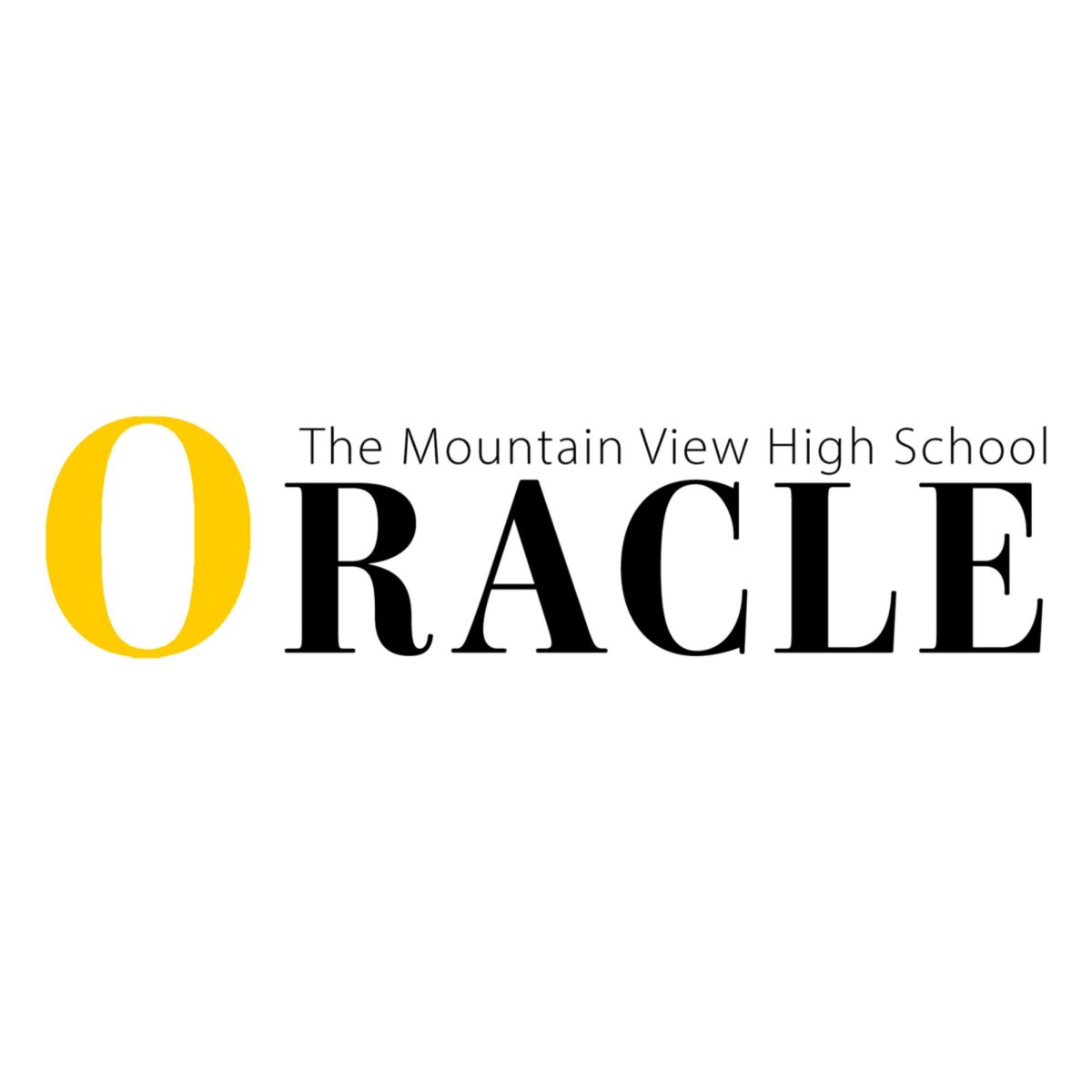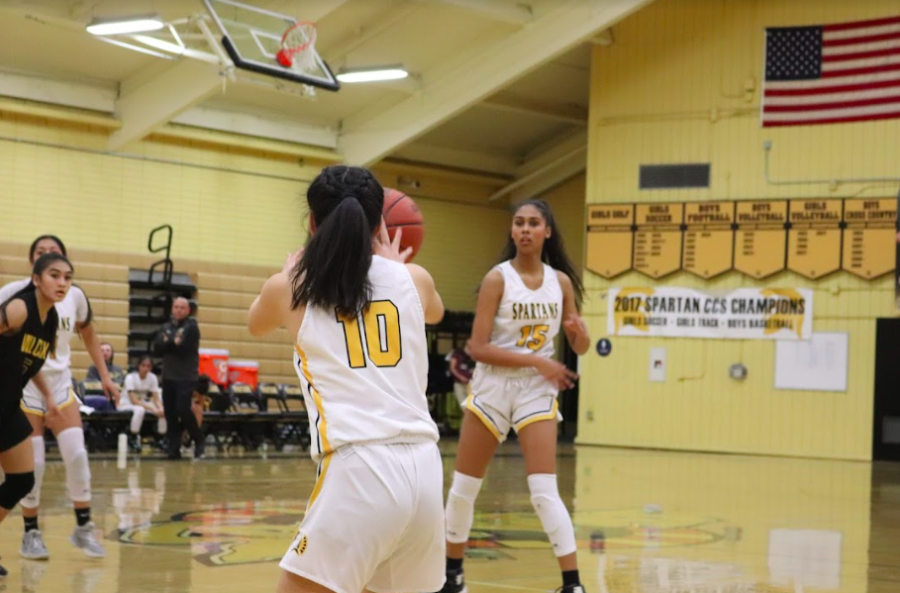Diversity can be difficult to achieve in an honors or AP class. Year after year, statistics show that minorities, particularly Latinos, are underrepresented in many of these classes. This is currently an issue school officials are trying to resolve, and the manner in which they are approaching the situation is problematic.
At the School Board meeting on Tuesday, Sept. 6, members discussed changes in classes’ rigor in general. Member Debbie Torak questioned how AP courses would be impacted by an increasing amount of students from diverse backgrounds.
At Mountain View High School, it was decided that, starting in the 2016-17 school year, Biology Honors would no longer use the AP textbook. This was partially done to lower stress and align our curriculum with that of Los Altos High School. However, the change was also made to encourage underrepresented groups to join the class, ultimately increasing classroom diversity.
Vice Principal Lynne Ewald expanded further on this idea in a later follow up interview.
“You shouldn’t have to work harder for your B than some other student has to work for their B; it should be equitable,” Ewald said. “We need to get more of our underrepresented students into honors and AP classes.”
Administration has presented a trade off between rigor and diversity in AP classes; however, this mentality perpetuates the idea that minorities are not capable of advanced course material. Rigor and diversity in classes are not mutually exclusive.
The Advancement Via Individual Determination (AVID) program here at MVHS demonstrates this principle. AVID consists of a very diverse group of students from a variety of backgrounds. Although these first generation students are not synonymous with underrepresented minorities, the AVID program includes a larger percentage of demographics which are underrepresented in many advanced classes.
All AVID students are required to take AP English Language and Composition unless they are enrolled in the Specially Designed Academic Instruction in English course. This AP course is one that many of them would not take otherwise.
Also noteworthy is that this AP exam, for MVHS, is taken by the most students: 212.
The course is not made easier for these students, as they are held up to the same expectations as their peers. There are many resources to which they can turn, offered by both the school and the AVID program. The rigor of the class is maintained, and students are succeeding and gaining the knowledge they need along the way, according to their teachers.
Furthermore, lowering the rigor of courses is a disservice to students who may not receive sufficient skills to succeed. Dr. Krishna, who has been teaching Biology Honors for 11 years at MVHS, is therefore concerned with the textbook change. Our biology program has a strong reputation, a 100% pass rate on the AP test last year, and this change can put that in jeopardy.
Diversity in advanced classes is a significant issue; however, school officials are approaching the issue of representation with a mindset that is harmful to an educational environment.

